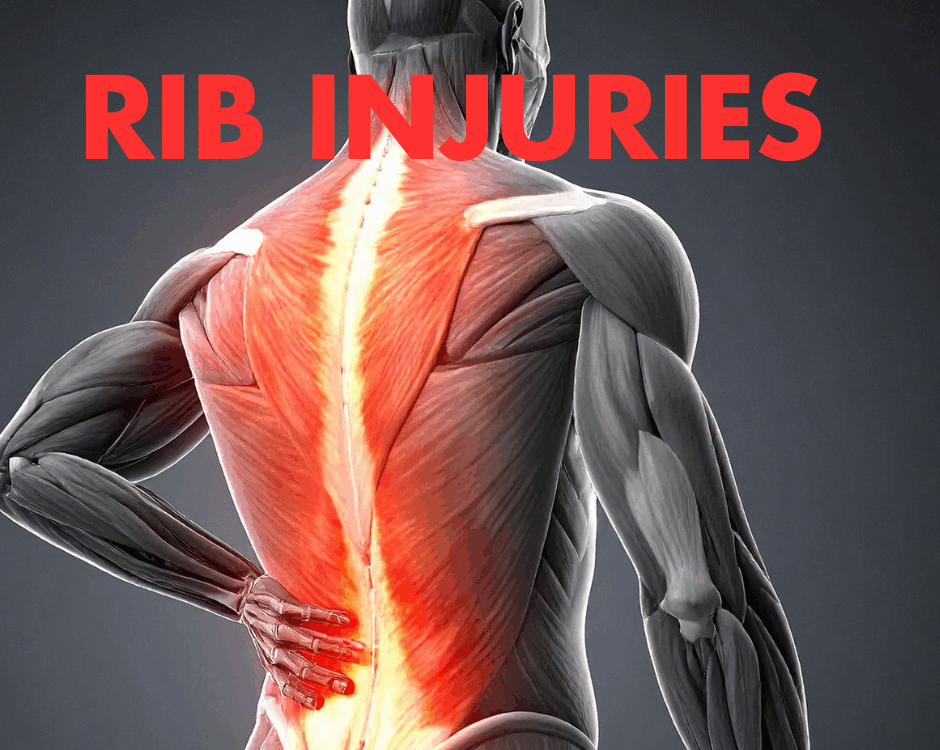Tinnitus- Did You Hear That Too?

Keep Your Head On Straight During an Accident
October 17, 2022
Baby It’s Cold Outside..Winter Driving Safety Essential Tips
October 25, 2022Tinnitus- Did You Hear That Too?
Tinnitus is not a disease but rather a symptom of a breakdown in our hearing function. Tinnitus is the presence of a sound in the head with no external source. Many people hear a ringing or buzzing while others may experience hissing, humming, whistling, or chirping. These noises can be heard from one ear or both and may be constant or intermittent. Almost everyone has experienced some form of tinnitus after being exposed to a loud noise like a concert, firework, or gunshot. These types of tinnitus are typically very short-lived. Any symptom lasting longer than six minutes is commonly considered chronic tinnitus. Many people who experience tinnitus become concerned that they are experiencing a serious medical problem, which is rare. Tinnitus is more common among those over 55 which is associated with hearing loss.
People typically experience tinnitus due to a problem with structures of the brain linked to our hearing function. These can include blood flow, auditory nerves, the inner ear, or the auditory pathway in the brain. There is a wide variety of causes including Ménière’s disease, TMJ disorders, eustachian tube dysfunction, otosclerosis, barotrauma (underwater diving, air travel), inner ear muscle spasms, dental problems, diabetes, post-surgery, migraines, anemia, trauma, atherosclerosis, high blood pressure, ear infections and certain medications. Possibly the most common causes of tinnitus include hearing loss with aging, noise induced, or because of trauma.
Motor vehicle accidents, contact sports, accidents, falls, or direct trauma to the structures of the head or neck can damage our hearing function. These structures include the brain, skull, neck vertebrae, jaw, tongue, or facial bones. Tinnitus following trauma is referred to as post-traumatic tinnitus, trauma-associated tinnitus, or somatic tinnitus. This type of tinnitus is also seen in patients with traumatic brain injury (TBI) and concussions. Most TBIs are concussions (although a TBI isn’t necessarily a concussion) and even a mild concussion can cause temporary tinnitus. TBIs, concussions, and tinnitus often accompany one another. Tinnitus associated with TBIs and concussions have more sound-type variability than other forms. They also have been connected to hyperacusis- a disorder in loudness perception. Patients with the condition may be overly sensitive to a range of sounds and some noises may be unbearable or painfully loud.
There are a variety of treatments for tinnitus depending upon the cause. Some common treatments for tinnitus include diet/exercise, tinnitus retraining therapy, medication, hearing aids/maskers, neuromonics, hypnotherapy, and electrical stimulation/cochlear implants. If you have tinnitus following a cold or upper respiratory infection that does not improve within 5 to 7 days, you may want to seek medical attention. You should also seek medical attention if your tinnitus has a sudden, unknown onset and is associated with dizziness or hearing loss. Additionally, if you have suffered a recent concussion or recent head injury/trauma, it’s recommended to seek medical attention.
—
This article was written by Dr. Deryk Harting one of the members of Chambers Medical Group’s team of car accident chiropractors who offer a variety of treatments and therapies ranging from diagnostic testing to various soft tissue therapies for car accidents and injuries in Kentucky
Florida Licensed Chiropractic Physician
If you or somebody you know has been in a car accident, be sure that you seek medical attention from a car accident doctor or car accident chiropractor to treat your injuries. Visit Chambers Medical Group to receive world-class medical treatment for your injuries.
Chambers Medical Group has car accident medical clinics in the following locations:
- Car Accident Medical Clinic in Tampa
- Car Accident Medical Clinic in Plant City
- Car Accident Medical Clinic in Brandon
- Car Accident Medical Clinic in Lakeland
- Car Accident Medical Clinic in Sarasota
- Car Accident Medical Clinic in Louisville
- Car Accident Medical Clinic in Lexington
- Car Accident Medical Clinic in Florence




